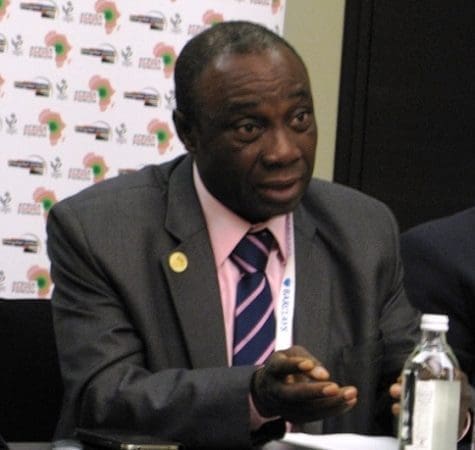A former government minister is sounding the alarm on Ghana’s future, and he says the problem starts in its university lecture halls.
Dr. Kwabena Donkor, who previously served as Minister for Power, believes the country’s development dreams are stalled because its graduates aren’t matching its economic needs.
He points a finger at what he sees as a dangerous drift in higher education. While Ghana desperately needs more scientists, engineers, and technologists to build a sustainable economy, its universities are producing a surplus of graduates in the liberal arts. This mismatch, he argues, leaves the country without the skilled workforce required to compete.
The solution, according to Dr. Donkor, rests with the national regulator, the Ghana Tertiary Education Commission (GTEC). He insists GTEC must use its full authority to steer the country’s human capital pipeline toward science and mathematics. He questions how a university established for science and technology can become overwhelmed by non-technical courses, calling it a national problem.
His critique goes beyond just course approval. He sees GTEC’s role as far more strategic than simply validating degrees. The regulator, in his view, must work with the government to clearly define the nation’s human capital needs based on its development goals. Then, it must ensure universities are actually producing those graduates.
This would require a significant shift. Dr. Donkor notes that many technical universities now run more business programs than engineering ones. He isn’t dismissing the value of the humanities, but he stresses that national priority must dictate educational focus. For growth, that thrust must be science and technology.
So how does he propose GTEC fixes this? His ideas are direct. He suggests mandating that science universities ensure most of their courses are STEM-based. He wants the regulator to control student intake numbers based on available facilities like labs, not just approve programs. He even recommends tying new course approvals to investments in practical infrastructure.
The bigger picture is about more than just degrees. Dr. Donkor emphasizes that natural resources alone won’t bring prosperity. True development, he says, starts from the intellect. Without a strong foundation of technical competence and problem-solving skills, the nation’s outcomes will remain mediocre. He believes GTEC must become a strategic architect of Ghana’s future, actively building the workforce it needs to thrive.
Source: newsghana.com.gh











